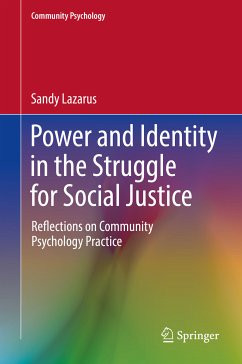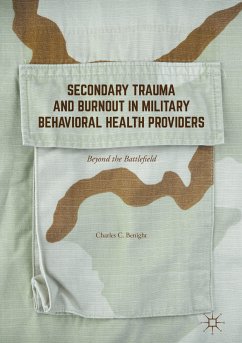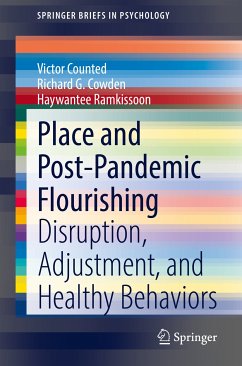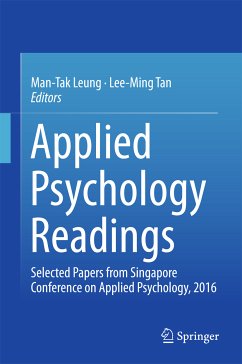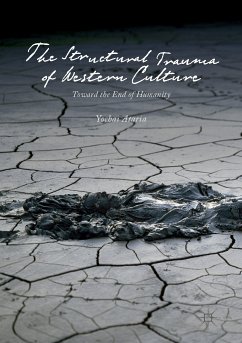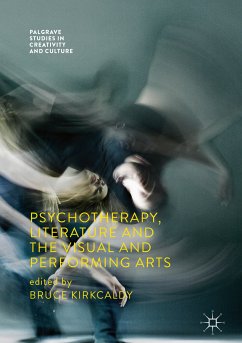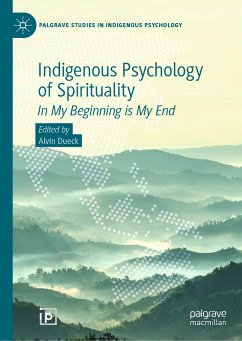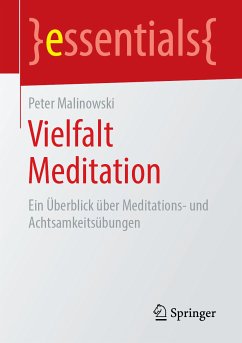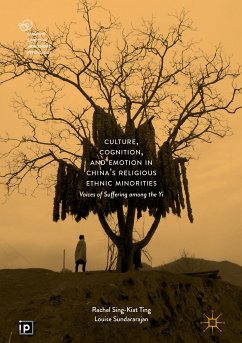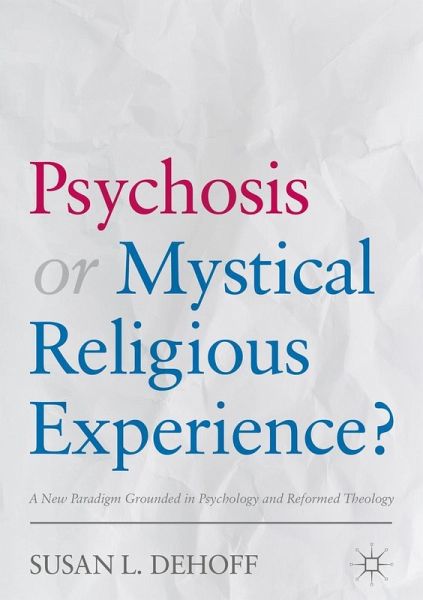
Psychosis or Mystical Religious Experience? (eBook, PDF)
A New Paradigm Grounded in Psychology and Reformed Theology
Versandkostenfrei!
Sofort per Download lieferbar
42,95 €
inkl. MwSt.
Weitere Ausgaben:

PAYBACK Punkte
21 °P sammeln!
Includes cutting-edge original research undertaken by the author into pastoral conceptions of mystical religious experience and how it differs from psychosis
Provides comparative analysis of current theological beliefs and practices and psychological theories and practices around psychosis and mystical religious experience
Outlines provisional guidelines for clinical and counselling professionals that distinguish mystical religious experience in relation to psychosis
Dieser Download kann aus rechtlichen Gründen nur mit Rechnungsadresse in A, B, BG, CY, CZ, D, DK, EW, E, FIN, F, GR, HR, H, IRL, I, LT, L, LR, M, NL, PL, P, R, S, SLO, SK ausgeliefert werden.



